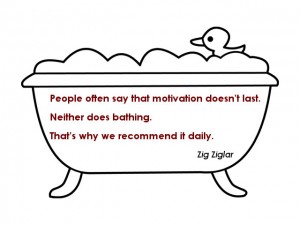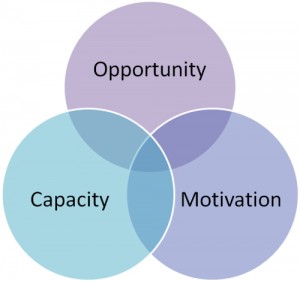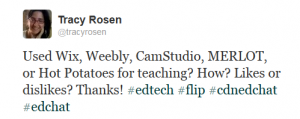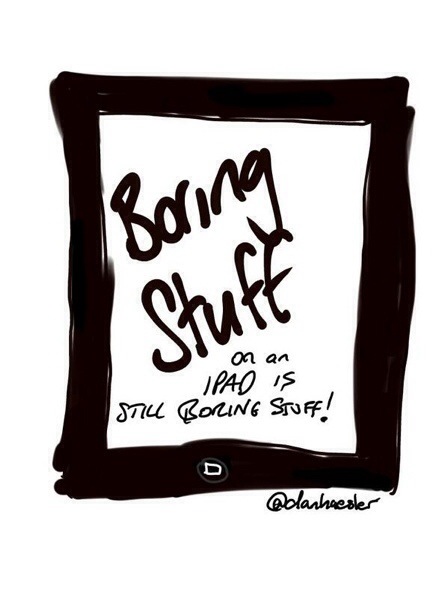How do I use myself as a motivating instigator with those I teach?

How do I provide effective feedback to those I teach?

How do I recognize the feedback I receive from those I teach, from my colleagues, from other professionals?

How do I mobilize technology when I teach, motivate, and provide or receive feedback?

These are all big questions but this is not a blog post about providing pat answers to those questions. They are ongoing questions and the answers
Essentially, I need to create situations where these questions are present, in the foreground. Situations where these questions create a framework for learning.
This week, I am examining the creation of Personalized Systems of Instruction (PSI) and specifically how Wix, Weebly, CamStudio, MERLOT, and Hot Potatoes could facilitate learning situations based on PSI (see here how PSI is used by Rocco Iafigliola in a Quebec CollegePhysics classroom).
Those questions will remain at the front line while I test out each of those resources. In the meantime, I have sent out a tweet for user experience…

Click here to view tweet + responses.
…to be continued :)


